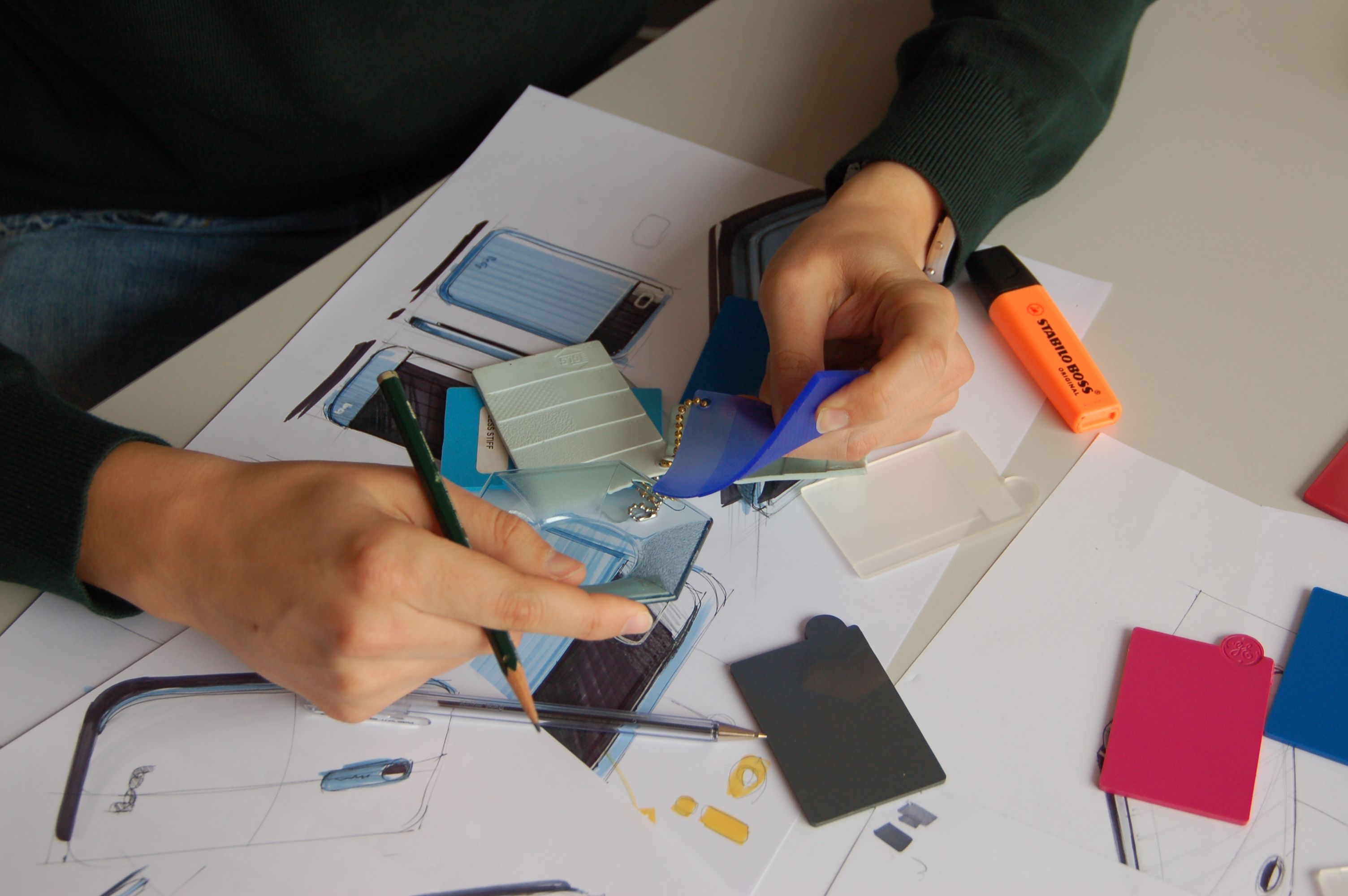The 2025 edition of Wake Up, Spain! gathered leaders from business, government, and civil society to reflect on the country’s long-term competitiveness. The tone was pragmatic. Conversations covered everything from energy and mobility to AI, health, finance, and industrial strategy. There is broad agreement: Spain is making progress. But the missing piece is a system that connects isolated signals into something more structured, scalable, and enduring.
From Mormedi’s perspective, this shift from momentum to systems is critical. The capabilities are here. The opportunity is clear. What’s needed now are the conditions to help everything work together more effectively.
Across sectors, we saw strong signs of progress:
- In energy, leaders stressed the need to balance investment in renewables with infrastructure readiness and industrial resilience.
- In mobility, companies are already piloting autonomous fleets and AI-driven platforms.
- In retail, firms are rethinking scale and brand architecture to compete globally.
- In healthcare, investments in personalized diagnostics are shifting the focus toward prevention and performance.
These aren’t hypothetical ideas. They are real strategies already in motion. What’s slowing them down isn’t a lack of ambition but the ability to execute at scale. The usual barriers remain: fragmented standards, regulatory lag, and siloed stakeholders who should be working together.
That’s where design plays a different role. Not design as an aesthetic layer, but as a strategic method to structure complexity. Across industries such as aviation, banking, infrastructure, and retail, we see the same issue. The problem isn’t imagination. It’s translation. Turning intent into something executable. Aligning ideas with systems, partners, and operations.
When used early and correctly, design brings structure. It helps make decisions under uncertainty. It creates a shared language across disciplines. And it allows complex projects to move forward even when interests diverge.
This need for alignment came up repeatedly during the forum. Too many initiatives are stuck in pilot mode, not because they aren’t valuable, but because they’re not connected to systems that allow them to scale. In mobility, we heard about data platforms to optimize urban fleets, but without integration across operators, the benefits remain partial. In energy, promising technologies like storage systems or AI-driven forecasting exist, but regulation and infrastructure still lag behind.
These aren’t issues of intention. They are issues of system design. They won’t be solved by one-off announcements or individual efforts. What’s needed are shared frameworks:
- Governance models that enable collaboration
- Public-private platforms
- Clear interoperability standards
- Procurement processes that reward long-term thinking





And above all, consistency.
Many businesses were clear: they don’t just need investment or vision, they need a stable regulatory environment. A framework where tax rules or legislation don’t change overnight. Innovation flourishes when there’s predictability. Consistency doesn’t just build trust, it makes long-term planning possible.
This is exactly where Mormedi sits: at the intersection of design, strategy, and execution. Whether we’re helping reimagine an aircraft cabin, guiding digital transformation in finance, or co-developing data-enabled services with industrial clients, our focus is always to close the gap between vision and reality. Transformation only becomes real when systems are in place from day one, aligning business goals, user needs, and operational delivery.
The most encouraging takeaway from Wake Up, Spain! was the tone of realism and constructive urgency. Less noise. More focus. Less talk of disruption. More discussion on scaling what already works. Companies succeeding abroad aren’t waiting for perfect conditions. They act with clarity and confidence. Public institutions are testing services that adapt to citizens, not legacy systems. These pilots shouldn’t remain exceptions. They should become the rule.
Spain doesn’t need to reinvent its innovation ecosystem. It needs to reinforce it. To go from pilot to platform. From isolated effort to national standard. From partnerships to ecosystems. That consistency will only come through structure. And structure doesn’t kill creativity. It enables it to scale.
Those who win the next cycle won’t be those who move first, but those who know how to move together.
At Mormedi, we believe the next chapter will belong to those who can deliver, not just declare. The ambition is here. The energy is real. Now it’s time to build the system that transforms momentum into long-term competitive advantage.
Let’s grow together!
Have questions about your next growth move?
Mormedi has answers.
.svg)


